The Western Australian agricultural region in Australia produces around 80% of the global lupin supply.
- WA Lupins have developed a joint venture company with Thailand business people. The JV; THAI-WA LUPIN PRODUCTS company in Thailand is firmly built on the foundations of friendship, business relationships and cooperation between Western Australia and Thailand business and supply chain partners, who collectively share the common goal and purpose, of providing a complete range of the unique high protein lupin-based food products, to health conscious and wellbeing consumers across Australia, Asia and global markets.
- Our finished food products like PINARIE SNACKS contain only up to 50% of lupin ingredients from Western Australia, due to the low levels of starch present in our lupins. Our finished food products do require a range of other ingredients, such as Thai Jasmine Rice and other vegetable plant sources grown in Thailand, to deliver great tasting, high protein, gluten free, healthy food products for you.
Lupins have been used as a food for humans and livestock for over 2000 years, however a long “de-bittering” or “brining” process was necessary to remove alkaloids (bitter tasting, mild toxins) that occur in traditional (Mediterranean) as well as New World (Americas) lupin varieties. You may be familiar with Lupini Beans which are the Mediterranean traditional type.However, over the last 60 years Australian plant breeders have developed very low-alkaloid varieties (Australian Sweet Lupins) which have been selectively developed for human consumption. These varieties do not need any ‘de-bittering’ process and are so safe they can be consumed raw!
Yes. Diabesity (diabetes in the context of obesity) is a serious thing and the leading cause of chronic disease in the 21st century. Low carb foods like Lupin are great for glucose management, which can help to prevent nasties like diabesity, heart disease and high blood pressure.
Lupin, like other protein containing foods (e.g. peanut, soybean) may trigger an allergic reaction in a small percentage of the overall population. Some people who are allergic to peanuts may also react to lupin. If you know or think you are allergic to lupin, it is important that you visit your doctor and ask for a referral to a clinical immunology/allergy specialist.
Source: Australasian Society of Clinical Immunology and Allergy
Protein is one of three macronutrients (others are fats and carbohydrates) and are an essential nutrient to sustain life. Proteins are made up of chains of smaller chemicals called amino acids. The human body cannot store amino acids, so it must be supplied daily from the foods we eat.
The amount of protein you need in your diet depends on your weight, age and health. As a rough guide, the recommended dietary intake (RDI) for protein (measured in grams per kilogram of bodyweight) is:
- 0.75 g/kg for adult women
- 0.84 g/kg for adult men
- Around 1 g/kg for pregnant and breastfeeding women, and for men and women over 70 years.
For example, a 75 kg adult male would need 63 g of protein per day. It is recommended that 15 to 25 per cent of total energy intake per day is from protein sources. The human body can’t store protein and will excrete any excess. Therefore, the most effective way of using the daily protein requirement is to eat small amounts at every meal. Using the example of the ‘average’ 75 kg male above, this would require that he eats approximately 21 g of protein at three meals each day.
Source: Better Health Channel, Australia
Too much protein can be harmful to your health, so remember to consult your medical specialist for advice specific to your individual circumstances.
Individuals and professional athletes who are regularly participating in physical training and sport activities should consult their medical or nutrition specialist, for their individual recommended dietary intake (RDI) for protein.
Dietary fibres are undigestible carbohydrates that are passed through to the large intestine providing our healthy gut flora with the food they need to flourish. Not all fibres are created equal and they perform different roles in the gut. Soluble fibres slow down digestion and are good for cholesterol lowering, insoluble fibres are great for regularity and prebiotic fibres are very beneficial for stimulating the growth of friendly bacteria. Lupin fibre is unique in that it acts as soluble, insoluble and prebiotic fibre.
Doctors recommend that women and men consume at least 25g and 30g of fibre per day, respectively.
A standard 40g serve (or 4 tablespoons) of Lupin flour can provide 14.8g of fibre and 16g of protein.
Some foods such as legumes produce excessive wind. The wind is the result of excessive gas produced through the action of the gut microflora. This often happens when people change from a low fibre diet to include very high fibre foods such as legumes. We recommend you introduce these high fibre foods very gradually over 14 days. This will give your gut and gut bacteria time to adapt to the greater quantity of fibre arriving in the large bowel.
Some health benefits attributed to prebiotic fibre intake include stimulation of gut flora, improved mineral absorption, possible protection against colon cancer, stabilisation of blood glucose and insulin levels, protection against intestinal infections and alterations in the progress of some inflammatory conditions.
If you have received a diagnosis of IBS from your doctor, you must seek the guidance of a qualified dietitian with experience in this area before incorporating any new foods, including Lupin Food Products, into your diet.
Currently Lupins are not grown organically as in Australia, lupins are typically grown on “acid-sands”, to assist very marginal soils become productive farming lands. The lupins are very low input crop.
The soil types (actually sand types) in many parts of Western Australia are not suited for organic farming as the structure will not bind minerals.
Australian Sweet Lupins are an integral component for sustainable farming practices and are grown as a nitrogen fixer, offering great benefits to soil health.
Australian Lupins are very hardy against insects, they have a very robust pod and a thick outer seed coat, so they are typically not sprayed with pesticides. Both the pod and the outer seed coat are removed in making our Lupin products, also removing any potential residues that might be present.
Australian Lupins are not a GM crop, they are not a “Round-up ready” or have any resistance to glyphosate. Therefore, they are not sprayed with this chemical while they are growing in the ground
Also please note that the Western Australian Wheatbelt agricultural region- where our lupins are grown has the lowest risk of heavy metal contamination on the planet.
https://www.agric.wa.gov.au/plant-biosecurity/chemical-residues-crops
It is purely a cropping system, with less than 1 person per sq. km, there are no intensive manufacturing factories to spew out pollution, no urban pressure with sewerage, and no volcanoes to contaminate via natural sources.
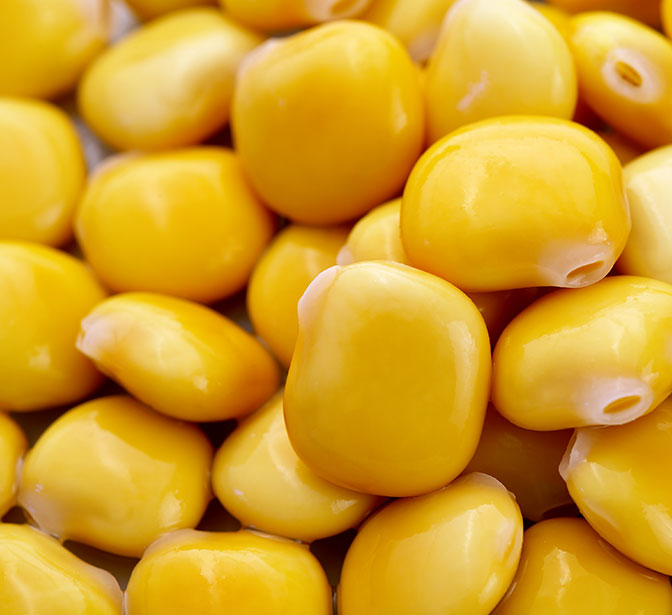
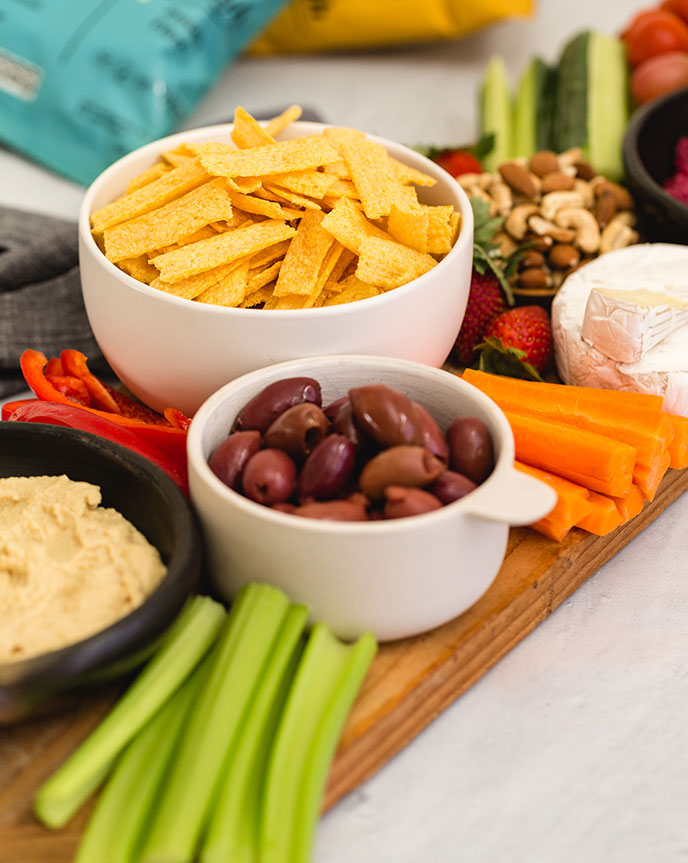
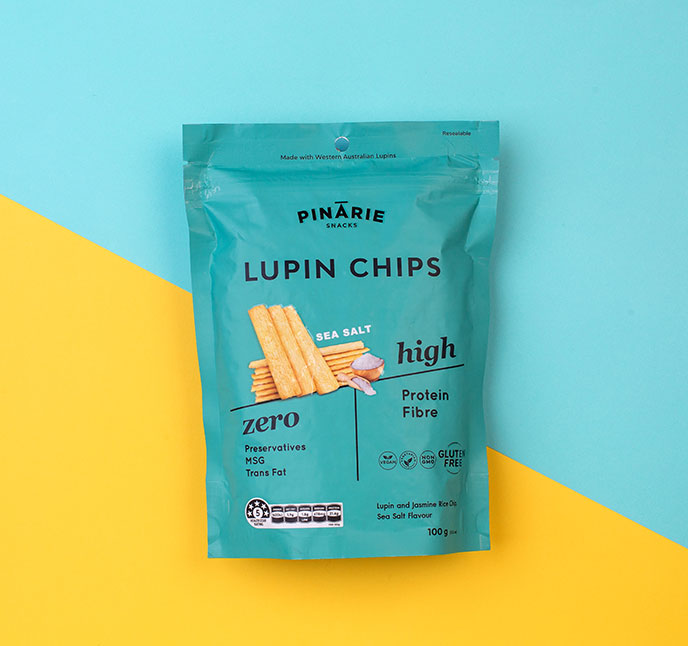
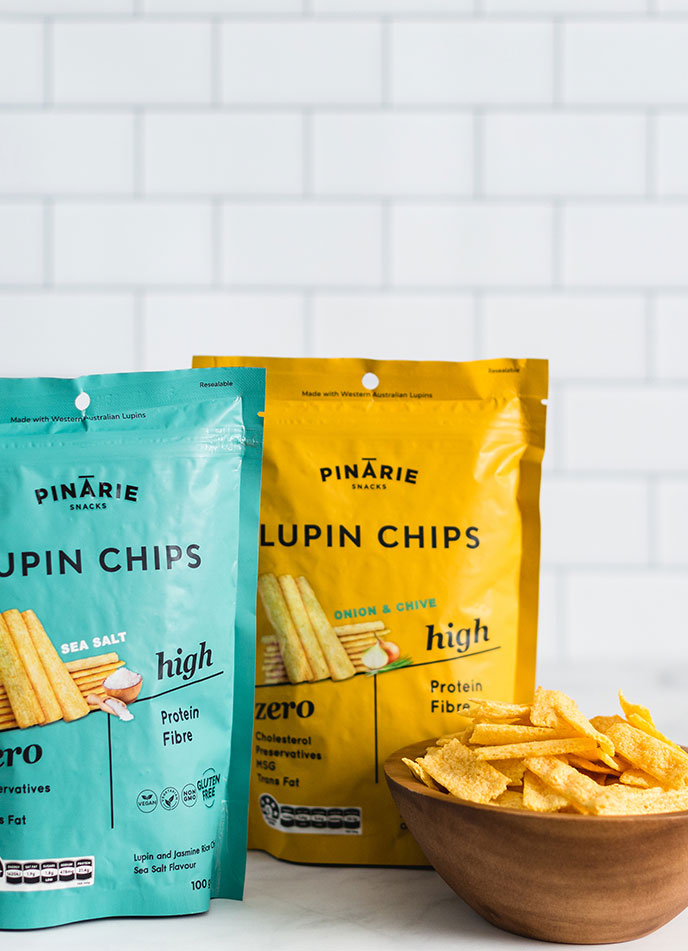
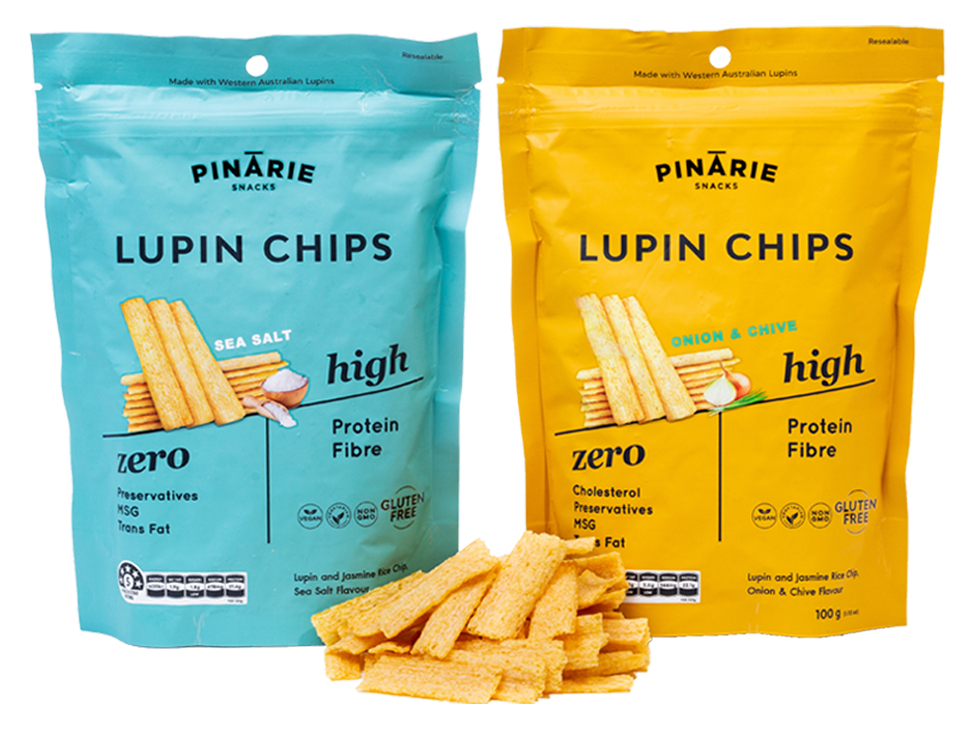
Did you know?
Lupins have been approved as a human food ingredient in Australia since 1988!

 Our NEW Rice & Lupin Pouches a
Our NEW Rice & Lupin Pouches a





The wait
The wait
